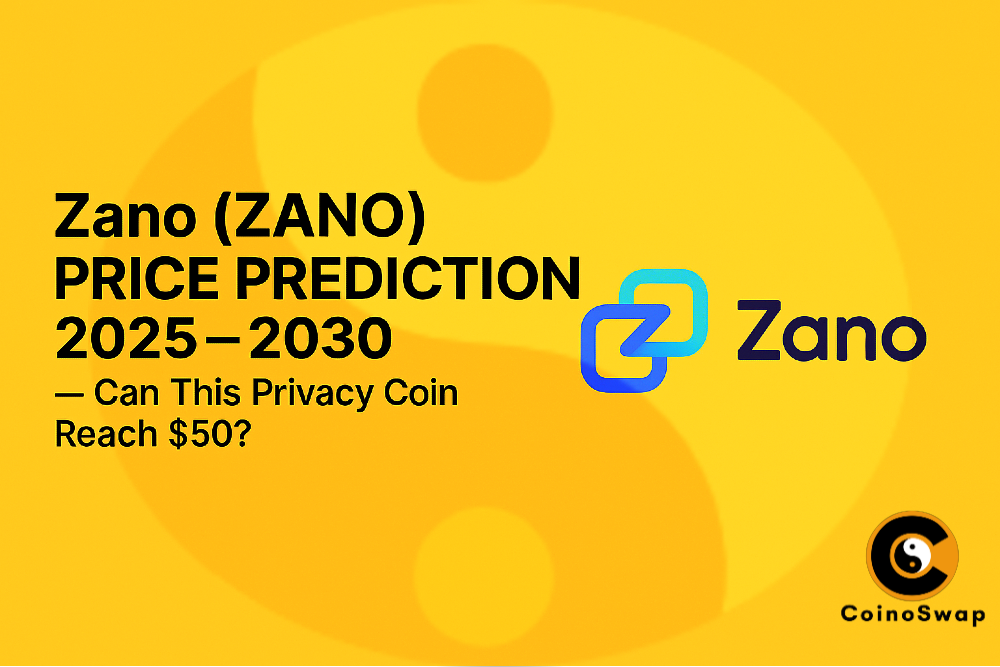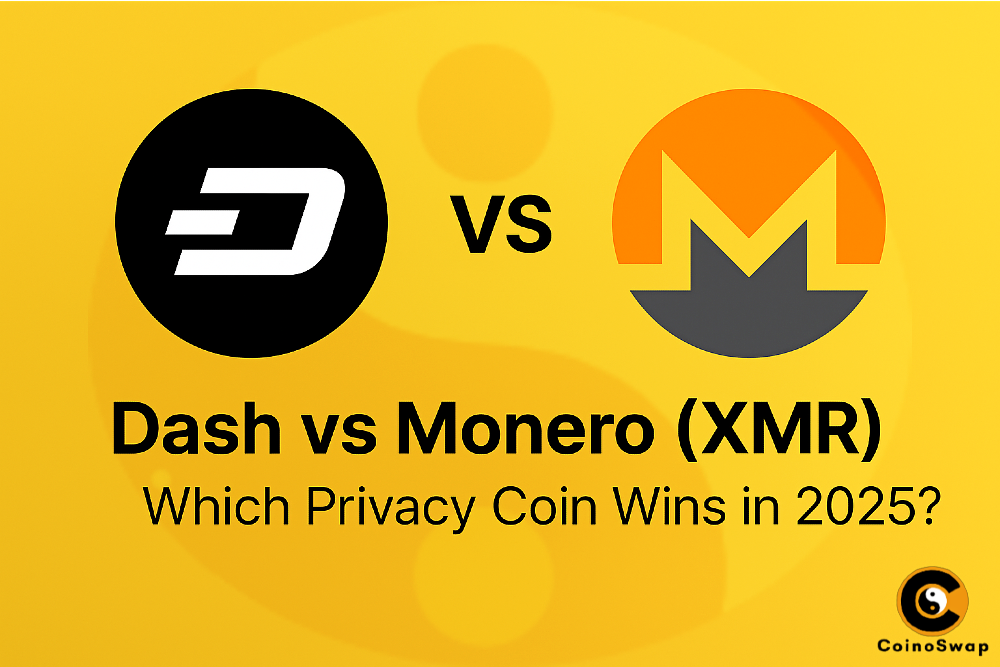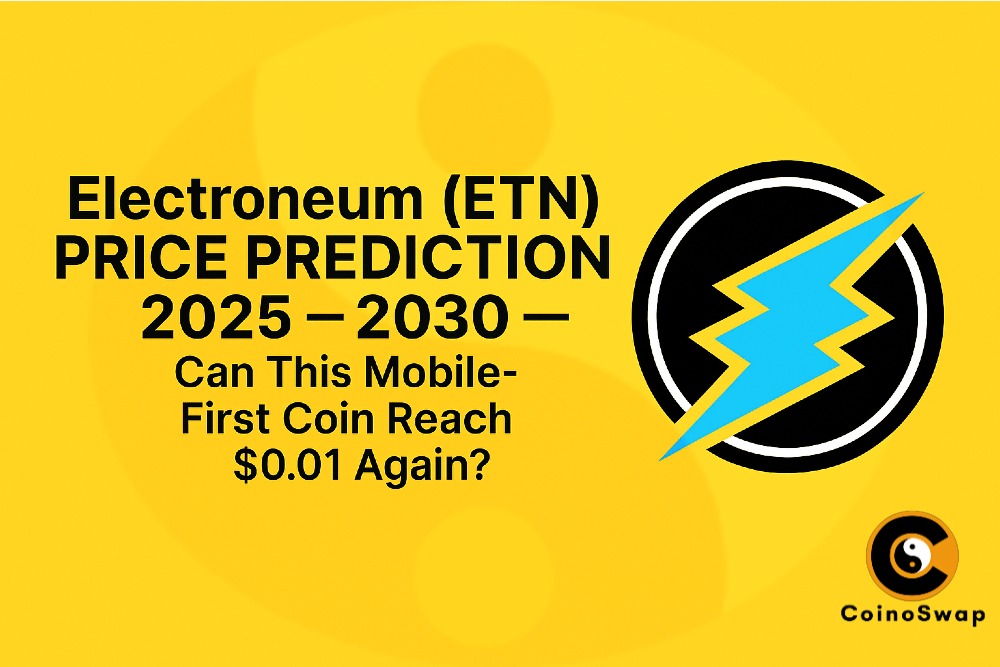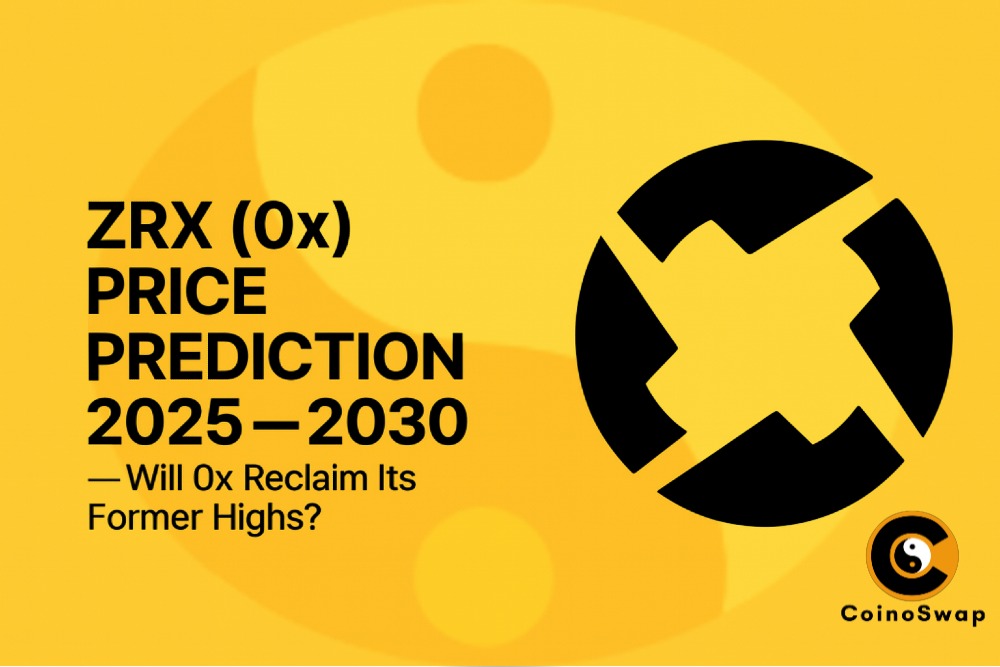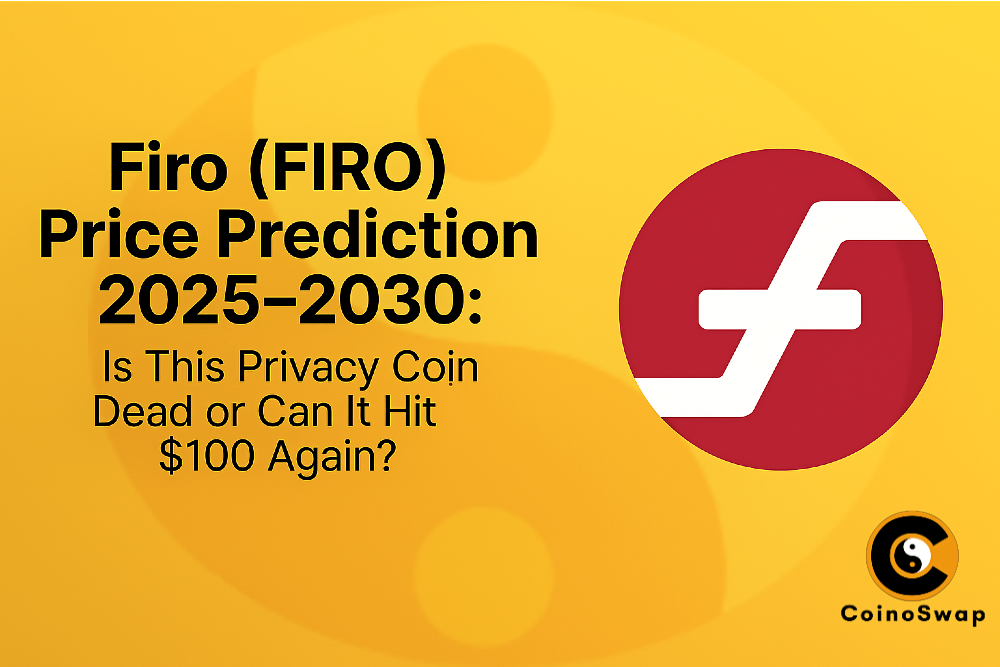To swap to stablecoin, use a non-custodial aggregator like CoinoSwap.com, which connects users with optimal exchange rates for converting volatile cryptocurrencies into stablecoins such as USDT, USDC, or DAI—all without requiring login, registration, or relinquishing custody.
Key Considerations
Understanding the Process to Swap to Stablecoin and Their Purpose
Stablecoins serve as a critical bridge between crypto volatility and price stability. Pegged 1-to-1 to fiat currencies like the U.S. dollar, they are used to hedge against market swings, enable real-world payments, and serve as settlement assets within decentralized finance (DeFi).
- Centralized stablecoins (e.g., USDT by Tether, USDC by Circle) are backed by real-world reserves and regulated issuers.
- Decentralized stablecoins (e.g., DAI) rely on smart contracts and collateralized assets rather than centralized backing.
- Algorithmic stablecoins aim to maintain peg via supply-demand balancing mechanisms but remain risk-prone.
Privacy and Non-Custodial Benefits
A Swap to stablecoin should be considered as a core Crypto trading strategy for arbitrage. In all efforts to buy low, sell high a lock in profit strategy can be aswap to stablecoin from volatile crypto tokens via a non-custodial platform prioritizes user privacy, asset security, and transaction transparency. Unlike centralized exchanges, these platforms don’t hold your funds or store sensitive personal information.
- No KYC, registration, or login required
- Swaps occur wallet-to-wallet with on-chain visibility
- Users keep full control of their private keys throughout
- Reduced exposure to risks like platform insolvency, frozen accounts, or data breaches
Routing Through the Best Liquidity Pools
Stablecoin conversion value depends heavily on the quality of swap routing, especially considering a swap to stablecoin. CoinoSwap’s aggregator scans and routes across more than 20 top CEXs, DEXs, and cross-chain bridges to ensure favorable rates and efficient execution.
- Real-time rate comparison across decentralized and centralized venues
- Slippage protection via smart order routing and partitioned execution
- Transparent fee structure with upfront quote confirmation before swap
- Access to broad token pairs, including BTC → USDT, ETH → USDC, and others
Regulatory Implications of Stablecoin Swaps
Despite the non-custodial nature of swap platforms, stablecoins themselves fall under growing global regulatory scrutiny. Understanding how different stablecoins interact with compliance frameworks is essential for responsible usage.
- USDT and USDC are issued by regulated entities and may be subject to wallet address monitoring or reporting
- DAI offers more privacy but depends on collateralized protocols
- The EU MiCA regulation defines new oversight rules for stablecoins
- CoinoSwap routes to KYC-compliant fiat partners without compromising on crypto privacy
Using CoinoSwap to Swap to Stablecoin
CoinoSwap offers a streamlined swap to stablecoin conversion to experience for both novices and advanced users. With wallet-native functionality and no need for personal verification, users can convert into stablecoins quickly, securely, and on their own terms.
- Support for leading stablecoins: USDT, USDC, DAI, and others
- Instant wallet connection: No app download or account setup required
- Transparent interface: Shows all fees, estimated rates, and liquidity partners
- Post-swap flexibility: Reinvest in DeFi, hold, or use stablecoins for off-ramping
Conclusion
To swap to stablecoin, users should rely on non-custodial platforms like CoinoSwap that offer wallet-based access, privacy, and real-time rate optimization. Whether for stability, DeFi participation, or exit planning, converting to stablecoins via CoinoSwap ensures value retention, security, and user sovereignty across the crypto lifecycle.
As the digital asset ecosystem matures, stablecoins have emerged as the preferred hedge against crypto market volatility. By converting assets like BTC, ETH, or altcoins into stablecoins such as USDT, USDC, or DAI, users can lock in value without liquidating their crypto holdings entirely. This allows for flexibility in market timing, better capital efficiency, and uninterrupted participation in DeFi protocols, lending platforms, or cross-border transactions.
CoinoSwap eliminates the barriers typically found in centralized exchanges—such as identity verification, account suspension risks, and custody limitations—by enabling swaps directly from your self-custodied wallet. The platform’s integration with over 20 liquidity providers ensures consistently competitive rates with full on-chain transparency. Each swap is protected against slippage and executed without exposing user data, preserving both performance and privacy.
Ultimately, swapping to stablecoin through CoinoSwap empowers users to navigate crypto safely and strategically. It’s an ideal solution for those seeking to stabilize portfolios, access fiat off-ramps indirectly, or maintain compliance while retaining financial independence in a decentralized economy.



